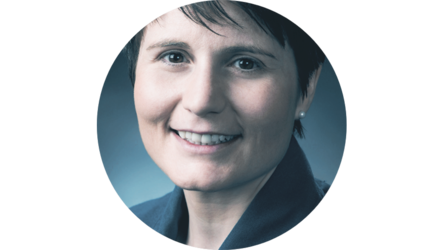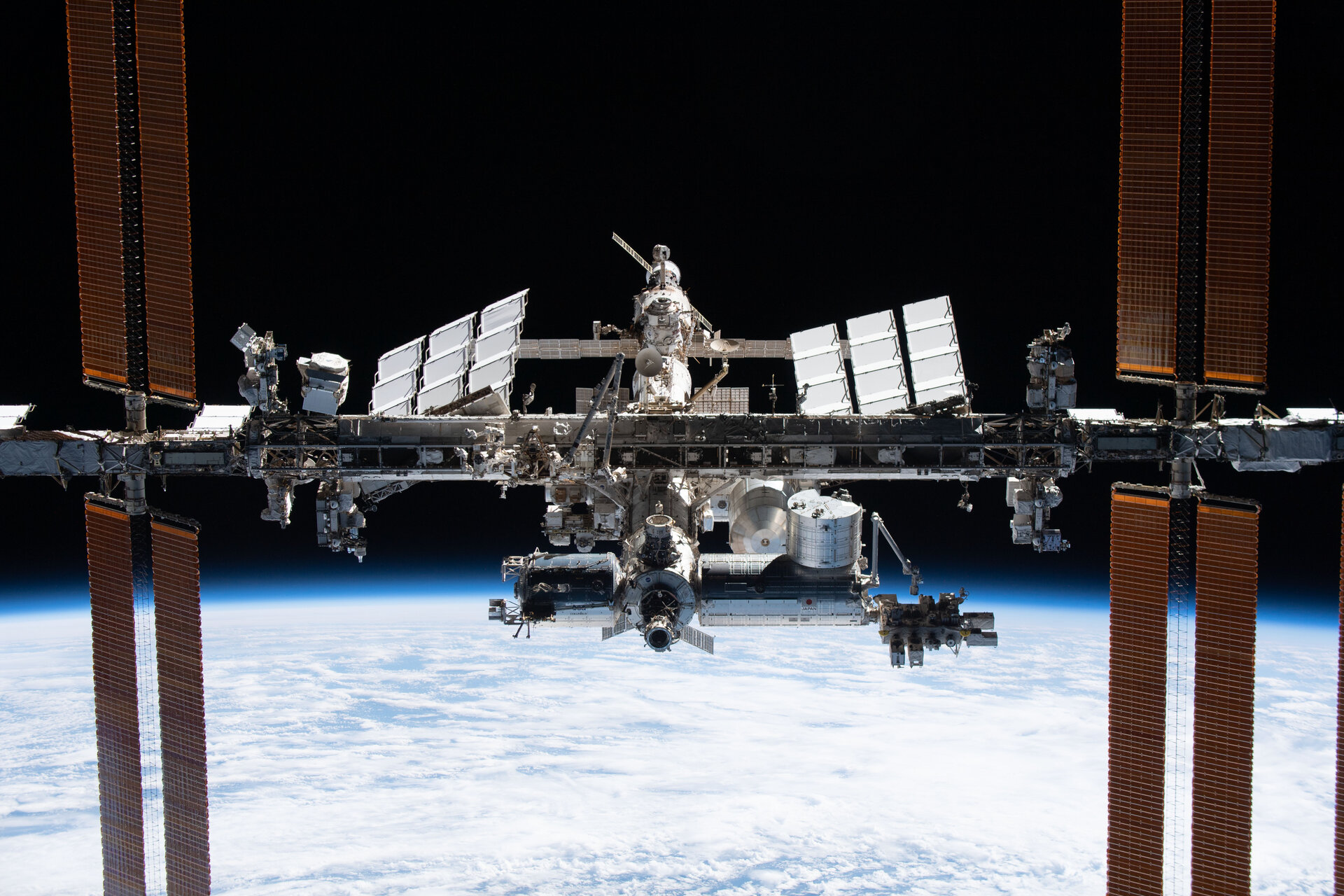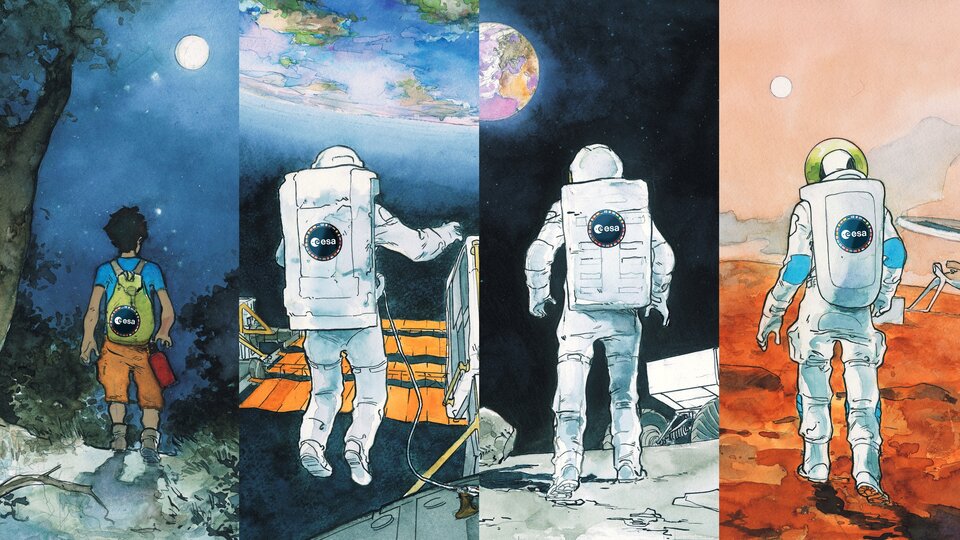ESA reinforces commitment to post-ISS presence
At the 40th Space Symposium in Colorado Springs, United States, in April 2025, ESA reaffirmed its commitment to ensuring a strong European presence in Low Earth Orbit (LEO) beyond the International Space Station (ISS).
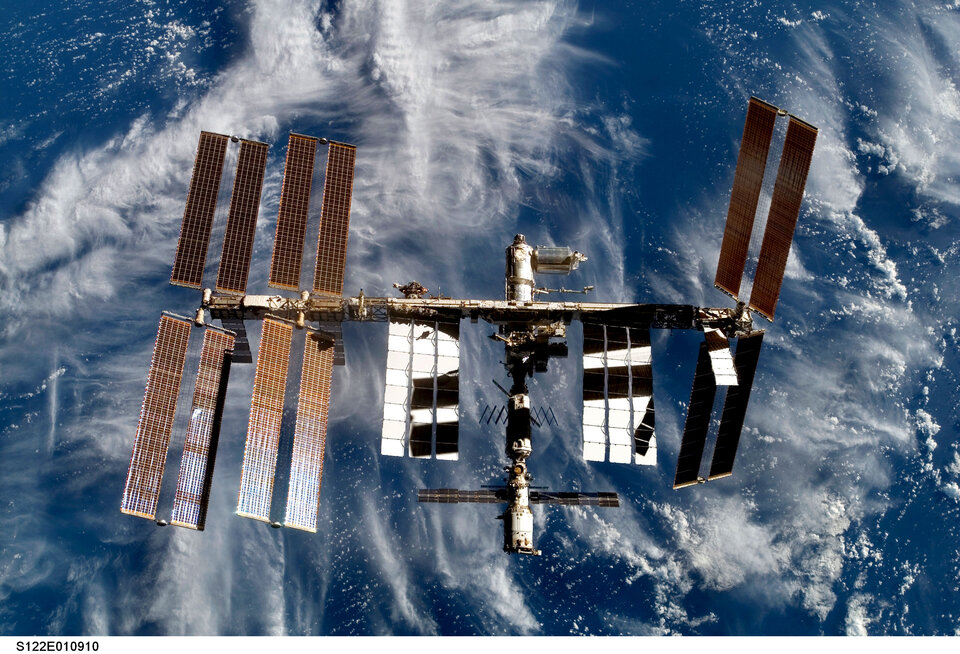
During the Symposium, ESA presented a statement in front of representatives from its Member States, as well as international and industrial partners. ESA also shared with industrial stakeholders a revised version of its high-level requirements for the post-ISS era.
"At ESA, we are not merely ensuring continuity as we move beyond the ISS era but setting the stage for a sustainable and strategically ambitious European presence in Low Earth Orbit," said ESA Director General Josef Aschbacher. "We look forward to further engaging with our international partners, commercial entities and policymakers to define Europe’s role in the post-ISS era, as we remain dedicated to delivering lasting benefits for citizens and our planet."
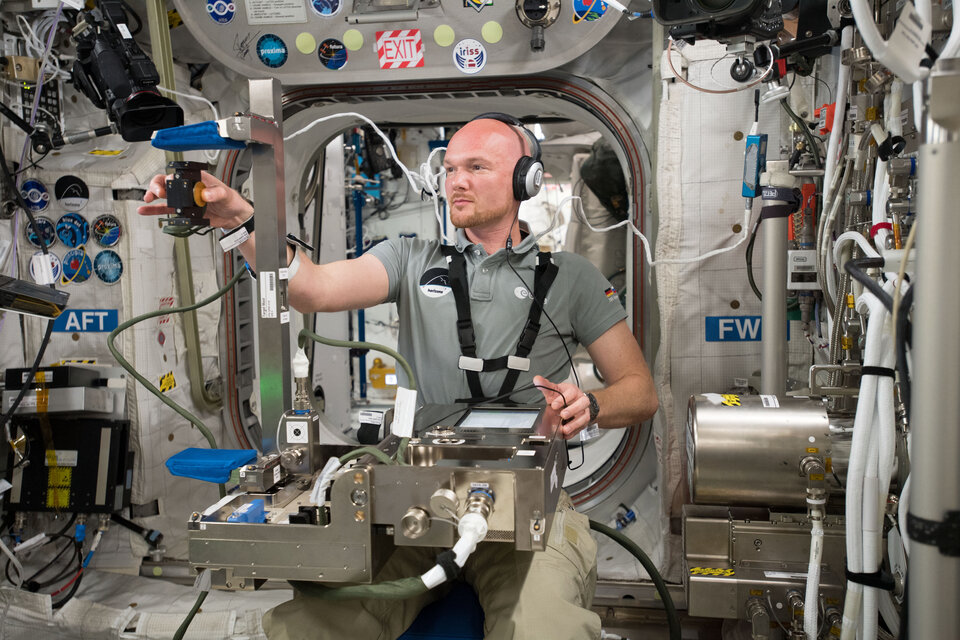
Building on its strong ISS heritage, ESA is dedicated to maintaining European leadership in LEO and taking an active role in this evolving ecosystem. As a key element of the Terrae Novae exploration programme for implementing the European Explore2040 strategy, ESA’s continued presence in LEO enables Europe to advance scientific research, test deep-space technologies, and unlock new commercial opportunities.
ESA’s Director of Human and Robotic Exploration, Daniel Neuenschwander, outlined ESA’s post-ISS vision, detailing institutional requirements for crewed missions and LEO destination utilisation at the Symposium: “ESA is committed to securing a sustained European presence in LEO through multi-flight agreements, prioritising European industries. We will advance scientific research and technological innovation through partnerships and support increased commercial involvement in LEO to strengthen Europe’s role in space exploration.”
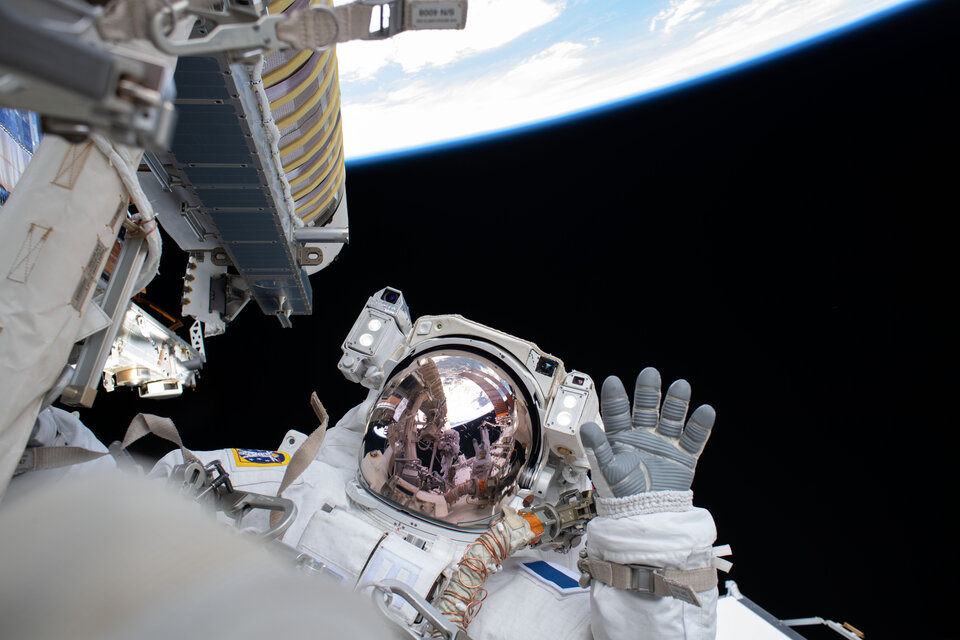
The evolution of LEO operations offers Europe a unique opportunity. By collaborating with international partners and commercial stakeholders, ESA can develop sustainable and innovative solutions for the future of spaceflight. It is crucial to ensure continuity through a sustained European presence in LEO, advancing science, de-risking deep-space habitation and unlocking commercial opportunities.
Recognising the urgency of positioning Europe swiftly in the post-ISS landscape, ESA is also focused on supporting European industry and fostering business-to-business (B2B) partnerships. Open to opportunities from Commercial LEO Destination (CLD) providers, ESA’s approach encompasses three main areas:
- Crewed missions: ESA intends to secure its continued presence in LEO by implementing multi-flight agreements in priority with European industries and their partners. Securing a cadence of missions for the ESA astronauts will serve ESA LEO utilisation, as well as help maintaining astronauts’ proficiency to explore and prepare for deep space missions. These agreements shall at a minimum guarantee continuity at the current level of human spaceflight activities within ESA programmes.
- Advancing scientific research and technological innovation: ESA will assess the possibility to supply via partnership agreements in-flight equipment, with the aim of securing early missions for European astronauts and utilisation opportunities. Those contributions will be preferably implemented through European entities, for Europe to reinforce its economic role in LEO.
- Benefits for Europe: while acknowledging that international partnerships among institutional players in exploration activities will continue to play an essential role, ESA welcomes the progressive involvement of commercial entities in LEO, providing infrastructure and transportation services and additional business opportunities for innovative and competitive European Industries.
These activities will continue to deliver the four pillars of ESA's exploration strategy: science and knowledge, innovation, international cooperation and inspiration.
ESA is committed to playing a leading role in shaping the future of human spaceflight infrastructure. By fostering international collaboration and commercial innovation, ESA ensures that European expertise and industry remain at the forefront of LEO activities in the years ahead.















 Germany
Germany
 Austria
Austria
 Belgium
Belgium
 Denmark
Denmark
 Spain
Spain
 Estonia
Estonia
 Finland
Finland
 France
France
 Greece
Greece
 Hungary
Hungary
 Ireland
Ireland
 Italy
Italy
 Luxembourg
Luxembourg
 Norway
Norway
 The Netherlands
The Netherlands
 Poland
Poland
 Portugal
Portugal
 Czechia
Czechia
 Romania
Romania
 United Kingdom
United Kingdom
 Slovenia
Slovenia
 Sweden
Sweden
 Switzerland
Switzerland



